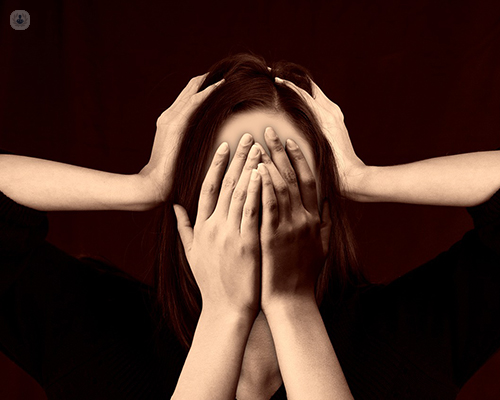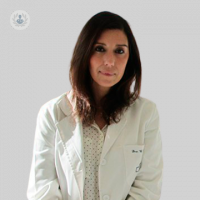Do you suffer from obsessive -compulsive disorder (OCD ) ?
Written by:The obsessive - compulsive disorder (OCD) is considered the ultimate expression of anxiety disorders, and it affects between 2-3% of the Spanish population in the same frequency in both men and women.
The essence of this disorder are obsessions or intrusions, that is, thoughts or images, repetitive and circular about oneself or a situation. It is then when the person develops a series of strategies that allow him to control or ignore the negative emotional impact, generally without success. These "strategies" are called rituals, more popularly known as " manias ". Rituals can be mental (counting, mentally checking, rationalizing ...) or behavioral (washing hands, touching something repetitively).
When a person is affected by OCD, he is overwhelmed by both his obsessions and his hobbies. The OCD can come to dominate the life of the individual and that of those who coexist with him, preventing him from working, concentrating or being distracted. Although there are no determining causes for OCD , there are vulnerable factors such as perfectionism or excessive release of serotonin in the brain and other organs.
Another essential part of the disorder is its high complexity, since the degree of severity is not the same in all patients, nor are the different types of symptoms. While two people two people may present obsessions about cleanliness they do not necessarily exteriorize it in the same way.

Symptoms and treatment of OCD
The most common symptoms are , for example, the need of the affected person for things to occupy an exact place or the fear of others touching objects or displacing them; the fear of being dirty or sticky causing excessive behavior on personal or domestic hygiene; the fear that by the fact of thinking or saying something negative that fact will occur, the fear of losing control and have a behavior considered as violent or disgusting by the individual, among others.
Hypochondriacal behaviors (obsessions characterized by fear of having contracted a disease that generate checks body and frequent visits to medical centers), doubts about having done things properly (being offensive, having sent the mail to indicated person, to have taken correct decisions or to have closed correctly the gas or the door) and the necessity to save objects if some day were necessary are other of the most frequent symptoms .
OCD is a chronic disease that can be cured if the person who suffers it learns to control it. The combination between pharmacological treatment (through inhibitors of serotonin reuptake) and cognitive-behavioral counseling psychological therapy is the most effective way to combat the disorder, reducing obsessive symptoms up to 60% .


